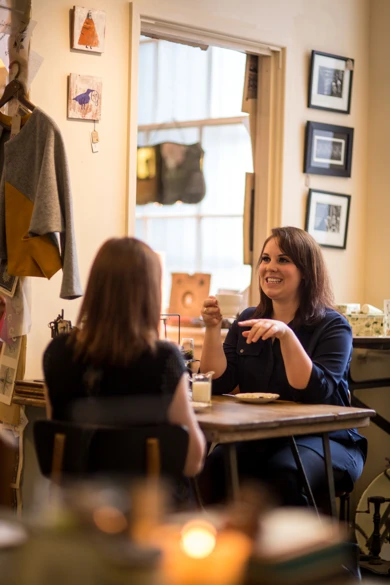Buying a new home is an exciting process, even if you've never applied for a mortgage before. Working with an expert adviser can make it easier to get mortgage ready.
Whether you’re buying your first home, considering a remortgage, or thinking of relocating, there are certain steps you can take to speed up the mortgage process. Getting yourself as mortgage ready as possible means you’ll find yourself in a much stronger position when it comes time to apply for your mortgage.
What steps do you need to take?
Ideally, you want to get mortgage ready about six months prior to your application, as this gives you time to sort out any documentation or financial requirements.
When you apply for a mortgage, you’ll need to pass some affordability checks to see if your finances will ensure you can meet your monthly repayments. First time buyers may need to gather more information when they’re getting started, but existing homeowners will need to prove their affordability again too.
Lenders will consider your income versus your expenditure, so it’s important that you prove you can manage the monthly repayments on a mortgage. Fortunately, there are a few ways you can help boost your mortgage chances.
Check your loans and debts
With mortgage applications, lenders will be interested in any other loans or credit you may have, be it personal loans or credit card balances. Try to pay off as much of your outstanding debt as possible before applying, as this will make you more attractive to lenders. You also want to avoid taking out any more loans in the meantime.
Keep on top of payments
Ensuring that you make all of your payments on time will show lenders that you’re a responsible borrower. This can include anything from rent and council tax to subscriptions and debit orders. Late or missed payments can not only hurt your credit score but also hurt your chances of getting approved for a mortgage.
Register for the electoral roll
Being registered to vote at your current address can help boost your credit score, as it verifies both your identity and address. Making sure you’re registered before you apply for a mortgage is simple and easy. Additionally, make sure any bills you have are registered to your current address, so everything is easy to trace.
Consider stable employment
Lenders want to see that you have a stable job and a reliable income. If you’re thinking of changing jobs, it may be best to wait until after you have secured your mortgage. If you have recently changed jobs, try to remain in this job for at least six months. You’ll likely be asked to provide pay slips to further corroborate your affordability.
Ensure you're regularly saving
A lender is more likely to look favourably on your application if you have a healthy savings account. If you have a track record of regular savings across your bank accounts then even better. Not only does this show where the money for your deposit has come from, it proves that you have financial discipline.
Understand your credit rating
Your credit rating plays a crucial role in your mortgage application, as lenders will use it to assess how much of a credit risk you are. Make sure you check your credit report regularly and take steps to improve your score if necessary. It’s certainly not impossible to get a mortgage with a low credit score, but it is more challenging.
Working with an expert
If you’re still unsure about how to get mortgage ready, consider speaking to one of our expert mortgage advisers. They can provide you with valuable advice and guidance on your mortgage application, helping you make the process smoother and less stressful.
Get in touch today and let’s see how we can help you find a mortgage that is going to suit your individual circumstances.
Important information
Your home may be repossessed if you do not keep up repayments on your mortgage.
There may be a fee for mortgage advice. The actual amount you pay will depend on your circumstances. The fee is up to 1% but a typical fee is 0.3% of the amount borrowed.




